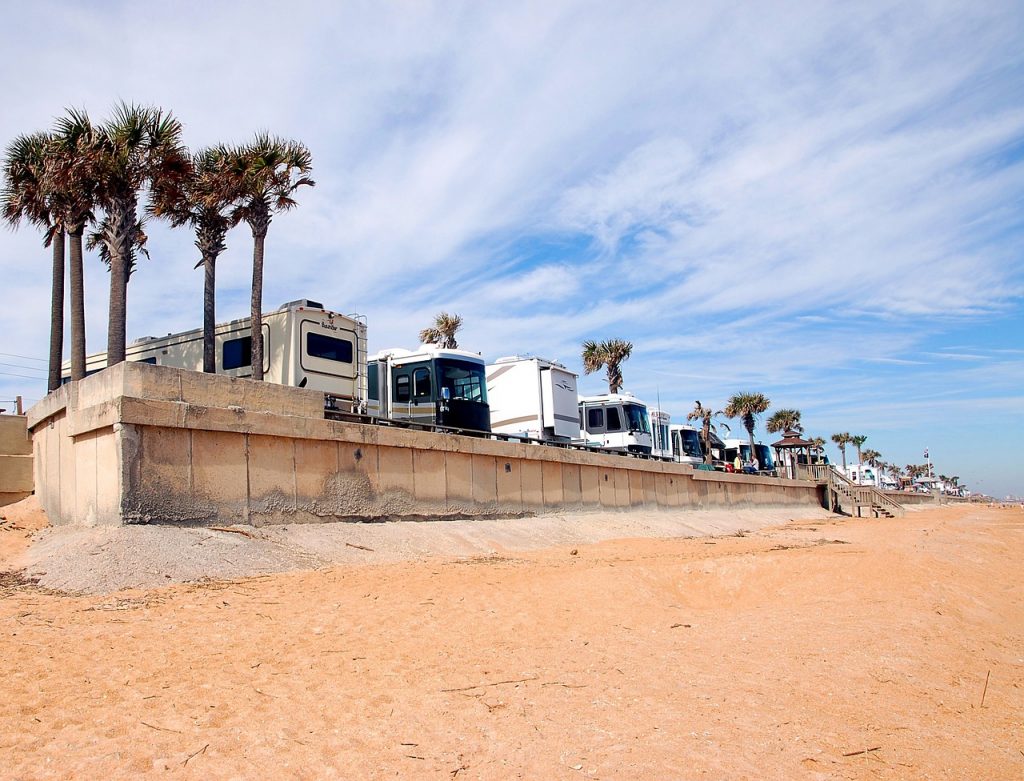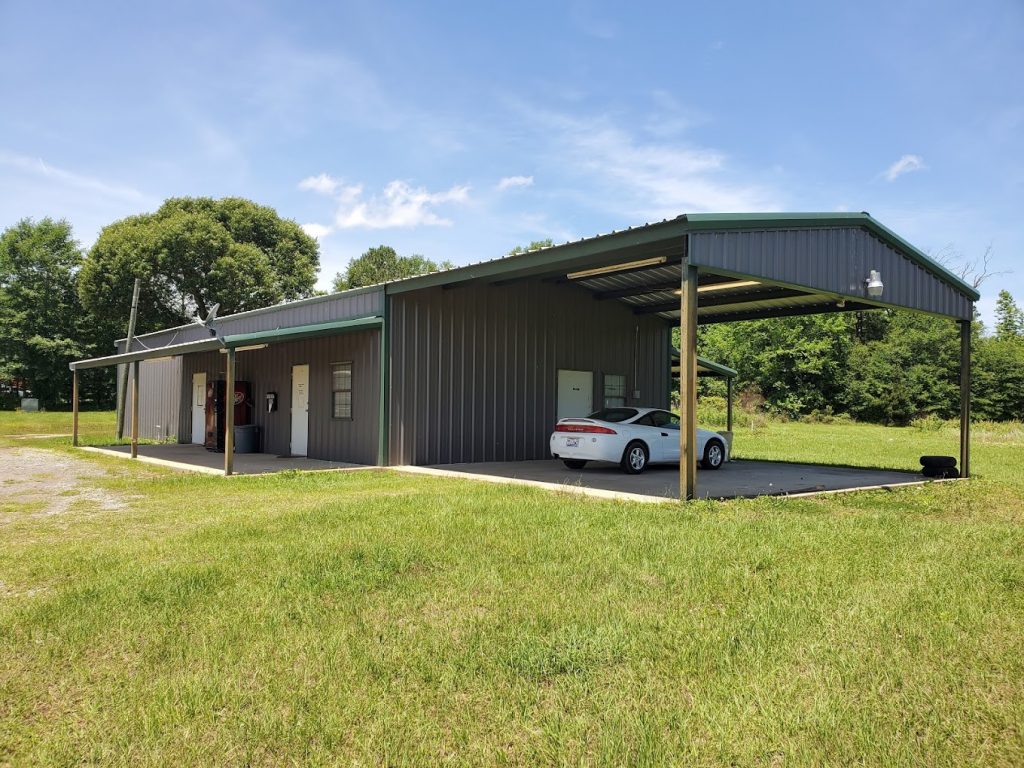The idea of full-time RV living is romantic and adventurous: wide-open highways, scenic national parks, sunsets by the lake, and freedom from the constraints of traditional homeownership. But is it all it’s cracked up to be?
If you’re considering the leap into full-time RV life, this blog will guide you through the 8 key considerations that can help you decide whether this lifestyle is right for you. We’ll also touch on the full time RV living pros and cons, share insider tips, and link you to helpful resources like Henderson RV Park in Texas, a great example of a park that supports both short- and long-term RV living.
Let’s dive into the RV lifestyle and see if it’s truly the right fit for your future.
1. Freedom vs. Routine: What Matters More?
One of the biggest draws of RV living is the sense of freedom it offers. Want to wake up by a mountain lake and fall asleep by the desert sands tomorrow? You can. There are no landlords or mortgages tying you down.
However, that freedom can come at the cost of routine and stability. If you’re someone who thrives on schedules, having a familiar grocery store, or a consistent community, RV life can feel isolating or chaotic.
You’ll need to ask yourself: Can I trade routine for the thrill of the unknown?
2. Cost: Cheaper Living or Hidden Expenses?
People often assume that full-time RVing is a cheaper lifestyle — no mortgage, no property taxes, no utility bills. But the reality is more nuanced.
Potential Savings:
- No rent or traditional home expenses
- Lower utility costs
- Potential to travel off-season and find low-cost stays
Hidden Costs:
- Gas and maintenance: RVs aren’t cheap to fuel, especially if you’re on the road often.
- Campground fees: Monthly rates at quality parks (like Henderson RV Park) can range from $400 to over $1,000.
- Insurance and repairs: Unexpected breakdowns can cost thousands.
That said, if you’re smart about budgeting and stay in affordable long-term parks, RV living can be a cost-effective alternative to a traditional home.
3. Minimalism: Are You Ready to Downsize?
Living in an RV forces you to downsize dramatically. No more walk-in closets or kitchen pantries filled with things you never use.
This can be incredibly freeing — many people find peace and clarity in living with less. However, if you’re deeply attached to your stuff or need more personal space, the small square footage of an RV may be frustrating.
RV life requires creativity in storage and a willingness to live simply.
4. Connection to Community: Is It Enough?
When you live in one place, you form connections — neighbors, local businesses, familiar faces at the coffee shop.
RV life can be surprisingly social — you’ll meet fellow travelers at parks, swap stories around campfires, and sometimes form lifelong friendships.
Still, many RVers report missing a sense of deep community. Constantly moving means you’re always saying goodbye.
That’s why parks like Henderson RV Park are so valuable — they offer a warm, long-term community setting where you can still enjoy mobility without sacrificing connection.
5. Work and Income: Can You Make It Remote?
Unless you’re retired or financially independent, you’ll need to earn money on the road. Fortunately, remote work opportunities are more common than ever.
Common RV-Friendly Jobs:
- Freelance writing or design
- Online teaching or coaching
- Remote tech support
- Seasonal campground host jobs
But keep in mind, reliable internet isn’t always available in remote places. If your job depends on strong Wi-Fi, you’ll need to invest in mobile hotspots or stick to parks that provide high-speed internet — like what you’ll find at many Texas-based RV parks.
6. Maintenance: Are You Handy or Willing to Learn?
When your home is a vehicle, things go wrong — and often at the worst times.
From plumbing issues to electrical problems and engine trouble, RVs require constant upkeep. Some repairs are simple DIY jobs, others require professional help.
If you’re not mechanically inclined, RV life can get expensive fast. Learning basic maintenance skills can save you hundreds, if not thousands, over time.
7. Legalities and Logistics: Are You Ready to Navigate Them?
Before going full-time, you’ll need to consider things like:
- Establishing a domicile: You’ll still need a legal address for taxes, insurance, and mail.
- Insurance coverage: Full-time RV insurance is different from vacation coverage.
- Mail forwarding: Services exist, but it’s a new system to learn.
There’s also the question of healthcare. Do you have a plan that covers out-of-state or nationwide care?
Though these logistics may feel overwhelming, they are manageable with research and planning. Many full-timers recommend joining RV forums or groups to help navigate these areas.
8. Your Travel Style: Fast-Paced or Slow and Steady?
Some RVers try to see the entire country in a year, moving every few days. Others find peace in a slow-travel approach, staying in one place for a month or more.
Each style has its pros and cons:
- Fast travel: More adventure, but more fuel and stress.
- Slow travel: Saves money, builds community, and feels less rushed.
Parks like Henderson RV Park offer monthly rates, making it easier for full-timers to find a balance between mobility and relaxation.
Full Time RV Living Pros and Cons
Let’s sum up the lifestyle:
Pros:
- Freedom to travel anywhere
- Less clutter and more intentional living
- Potential cost savings
- Access to nature
- Unique community connections
Cons:
- Lack of routine or stability
- Maintenance challenges
- Space limitations
- Wi-Fi and connectivity issues
- Potential loneliness
No lifestyle is perfect. But if you’re seeking freedom, adventure, and a more minimalist way of living, full-time RV life can be incredibly rewarding.
Explore More at Henderson RV Park
If you’re thinking about starting your journey in Texas, check out Henderson RV Park. It’s a peaceful, family-friendly park with long-term stay options, a great location, and all the essentials you need for a comfortable RV lifestyle. Whether you’re passing through or settling for a few months, it’s a great place to try out full-time RV living before fully committing.
Final Thoughts: Should You Go Full-Time?
Ask yourself:
- Can I adapt to a smaller space?
- Do I want to live with less?
- Am I okay with some unpredictability?
- Can I maintain or create an income on the road?
If you answered yes to most of those, full-time RV living might just be your next big adventure.
Start slow, take your time, and consider spending a month at a place like Henderson RV Park to see how the lifestyle fits you. Whether you commit fully or just dip your toes in, the road is calling.
FAQs About Full-Time RV Living and Lifestyle Considerations
Is full-time RV living cheaper than owning a house?
It can be, especially if you travel slowly, avoid expensive campgrounds, and do your own maintenance. But hidden costs like gas and repairs add up.
Can I live full-time in an RV legally?
Yes, though you’ll need to establish a legal domicile and handle insurance, mail, and taxes appropriately.
How do I get mail while RVing full time?
You can use mail forwarding services or have mail sent to RV parks that allow it.
What size RV is best for full-time living?
It depends on your needs. Many full-timers prefer Class A or fifth-wheel trailers for space and storage.
Is full-time RV living lonely?
It can be, but many RVers find community at parks, events, and through online groups. Parks like Henderson RV Park help provide a sense of stability and connection.


